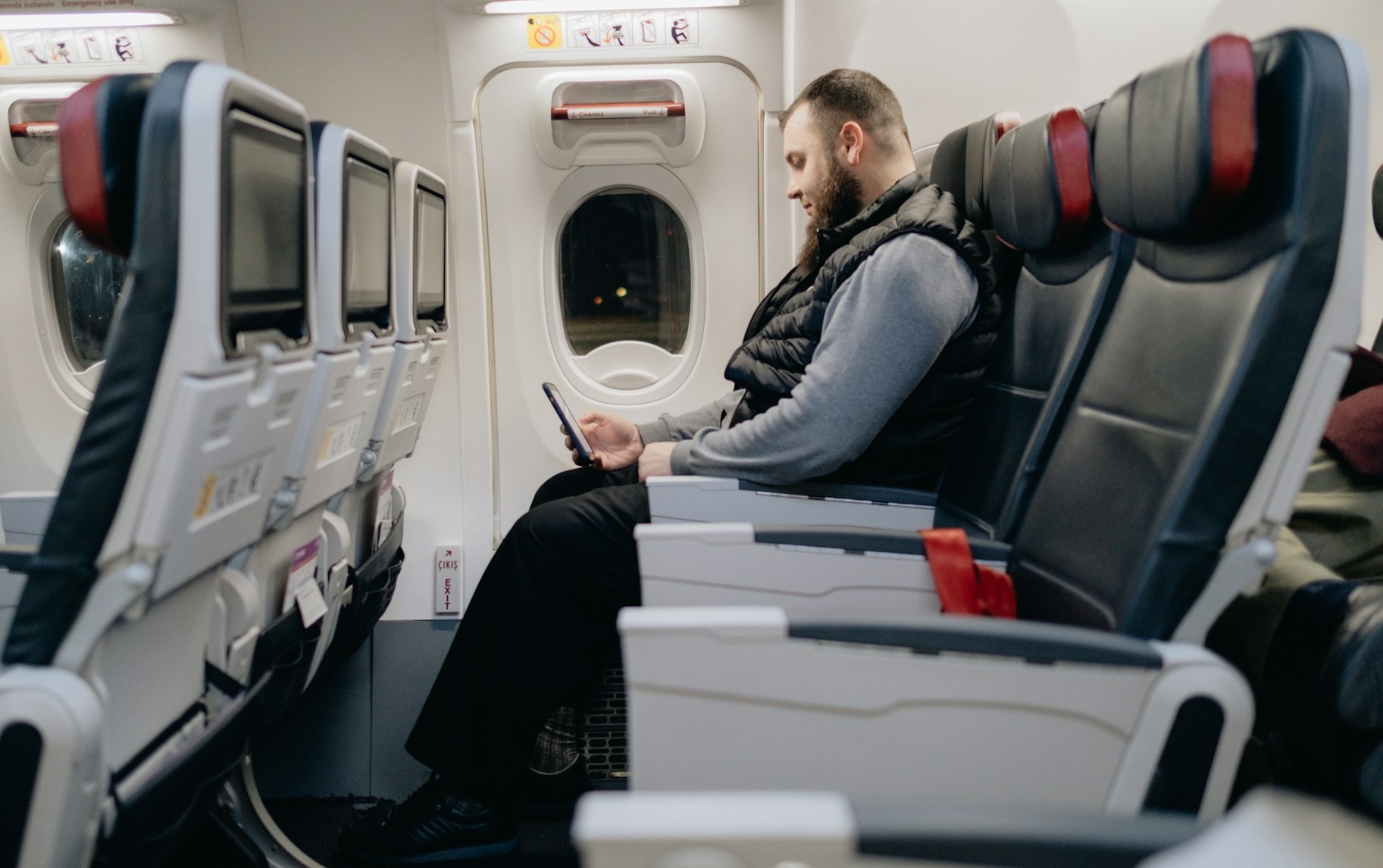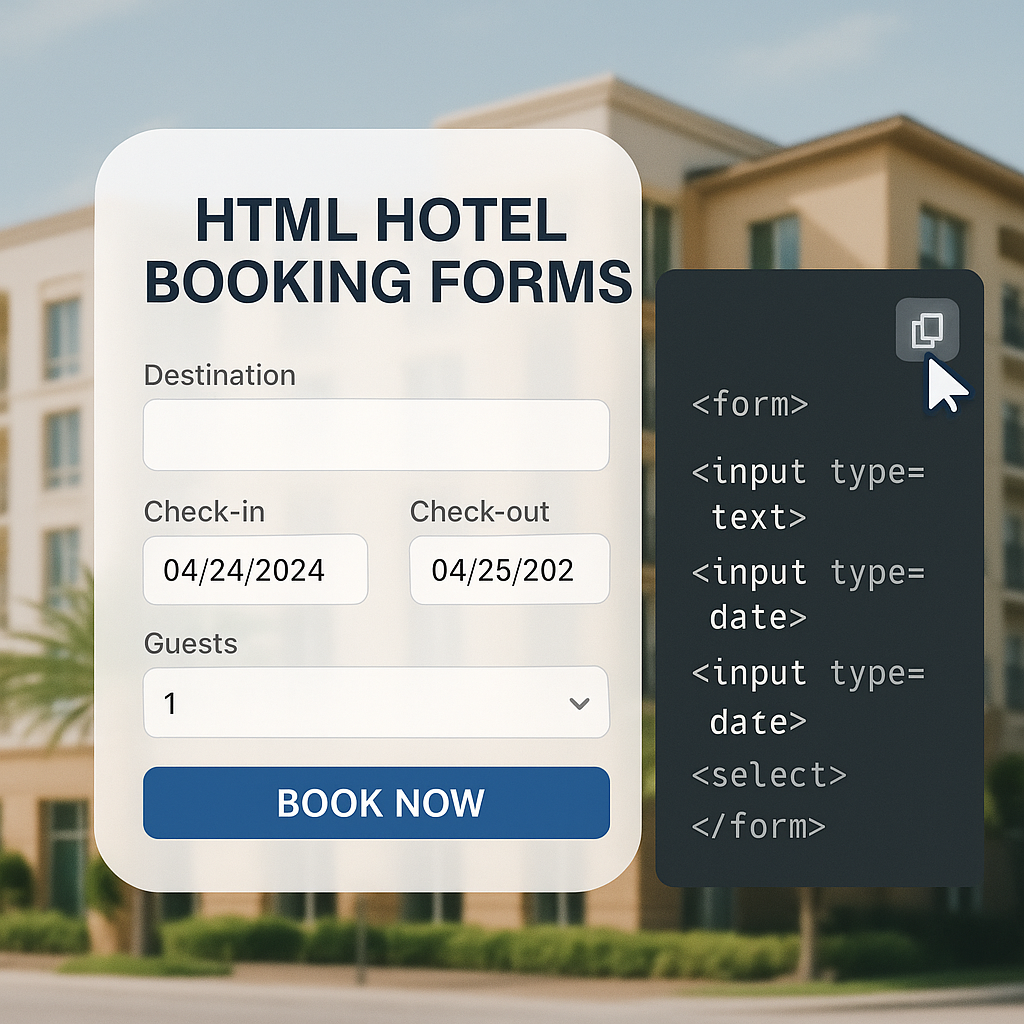Best practices for crafting an expense reimbursement policy

Without a clear reimbursement policy, business trip spending can sometimes get out of control. A well-crafted policy doesn’t just outline what is and isn’t a legitimate corporate travel expense, it sets clear guidelines for how employees submit receipts and how accounting processes approvals. Without one, your finance team is stuck chasing missing receipts, and employees are left wondering when they’ll be reimbursed for that $200 dollar meal with a client.
In this guide, we’ll explain why every company needs a reimbursement policy, what it should include, and how to create one that keeps expenses in check without making every receipt a bureaucratic nightmare.
What’s an expense reimbursement policy?
An employee expense reimbursement policy outlines guidelines for how employees receive reimbursements for work-related expenses. A well-structured policy aids companies by providing workers with clarity on what qualifies as a business expense and how to document everything properly. It guarantees that business costs—like travel, meals, and office supplies—are fairly covered while preventing unnecessary spending.
Typically, companies implement accountable or non-accountable plans. Here’s a breakdown of the two types of expense reimbursement policies:
- Accountable plans: Requires employees to provide receipts and documentation for their expenses. Verified reimbursements aren’t considered taxable income for employees. Generally, reimbursement guidelines also set timetables for providing receipts (usually within 60 days) or returning any excess reimbursements (usually within 120 days).
- Non-accountable plans: These provide employees with a set allowance for expenses without requiring documentation. Since these reimbursements aren’t tied to specific costs, they’re considered taxable income. Employees may still deduct expenses on their tax returns, but the allowance itself remains taxable.
Common reimbursable expenses
Now that you know the types of expense reimbursement policies, let’s examine some of the most common line items.
Office supplies and equipment
Workers don’t thrive on teambuilding exercises and coffee alone—they need office supplies to do their jobs effectively. A reimbursement policy specifies what supplies the company covers, how to request approval, and spending limits. This is especially important for employees who frequently travel and may need special supplies, like a portable keyboard, travel pillow, or multi-port USB charger.
Professional development
Investing in employees’ skills benefits both the individual and the company, nurturing a more knowledgeable, engaged workforce. Many policies cover expenses like industry conferences and networking events. Clear guidelines define details like whether training should be pre-approved and what the maximum reimbursement amount is each year.
Lodging and accommodations
Companies typically cover hotel stays or other lodging options for business trips. A policy should align with a Travel & Expenses policy, including budgets or preferred hotel chains, as well as guidelines for extended stays or leisure travel added to business trips.
Meals and per diem rate
Whether it's caramel macchiato with extra foam and two pumps of vanilla or a surf and turf meal with a client, a clear M&IE policy ensures no one overindulges on the company dime.
Some companies use a per diem rate (daily spending limit), while others reimburse actual meal costs with receipts. This section of a travel reimbursement policy outlines what’s covered, including whether alcohol is allowed, if tips are reimbursable, and whether team meals have different guidelines to client dinners.
Reasons your company needs an expense reimbursement policy
Reimbursement guidelines are a safety net that prevents the company’s business travel budget from going awry. Here’s the main reasons why your company should outline a clear policy.
Ensures compliance with tax regulations
Although companies are free to decide what is and isn’t considered a reimbursable expense, the IRS decides what’s deductible for tax purposes. Some types of costs (like transportation and airfare) may be considered tax deductions, whereas others are not, even if that five-course meal served a business purpose.
Prevents fraud and expense mismanagement
Without clear expense guidelines, employees might get creative with their reports. A solid policy sets expectations and boundaries about what’s reimbursable, reducing the risk of fraud or overindulgent expenses.
Improves employee satisfaction
A policy that clearly defines what’s reimbursable removes confusion and stress. Clear guidelines and protocols keep employees from feeling like they need to chase down a reimbursement, letting them focus on their job.
Controls business expenses
Setting limits and categories for approved expenses prevents runaway spending. A penny saved is a penny earned, but a well-structured reimbursement policy helps businesses save more than pennies. It’s less about being restrictive and more about creating a framework for smart expense management.
How to create an expense reimbursement policy in 5 steps
Drafting an expense reimbursement policy requires careful attention to detail. Below, we’ll explore a step-by-step process to develop reimbursement guidelines.
1. Define eligible expenses
Start by defining what types of expenses are reimbursable. This typically includes airfare, hotel stays, transport, meals, and incidentals like parking or Wi-Fi. Highlight any exclusions, like personal entertainment or parking tickets.
2. Set reimbursement limits and guidelines
Create clear categories and spending limits. For example, “airline tickets” is broad. Economy airfare that doesn’t exceed $600 for domestic flights or $1500 for international flights is more specific. These distinctions help employees make business travel decisions without incurring out-of-bounds expenses on the corporate card. If employees can’t stay within budget, they should know how to reach out to their manager for approval.
3. Determine documentation requirements
Specify the necessary documentation for employees to submit with their travel expense reports. This typically includes receipts for all expenses, along with details about the purpose of the trip. For small things (like coffee or Wi-Fi access), you might choose to waive receipt requirements or allow alternative forms of proof (e.g., corporate card statements).
4. Outline the submission and approval process
Create clear protocols for how employees should submit their reports. This includes deadlines for submission, how to submit, and who will review and approve expense reports. A clear approval process maximizes efficiency and buffers potential reimbursement delays.
5. Clarify payment timing and methods
Determine how and when employees will be reimbursed. You might choose a set number of days after submission or a specific payment schedule (e.g., bi-weekly or monthly). Additionally, define how payments will be made (e.g., direct deposit or check). Transparency around payment timing manages expectations and gives your workers peace of mind about their money.
How to document and implement an expense reimbursement policy
Now that you have your expense reimbursement policy in place, here’s how to implement it:
- Communicate the policy to employees: Clear communication sets the tone for accountability from the start. Distribute the policy in an easily accessible format, such as a handbook or shared folder.
- Train the employees on the new policy: HR should review the policy before employees embark on a business trip, or host a video call or seminar to go over the details. This equips employees with the knowledge they need to follow the policy correctly.
- Monitor compliance and adjust as needed: Keep track of any recurring issues or misunderstandings and adjust as necessary. For instance, if employees lose paper receipts, an expense management app that captures digital receipts will alleviate their worries.
Manage business travel expenses with Engine
Clarity is paramount in any complex process, and that goes for your business travel expense policy, too. Transparent policies ensure employees can focus on work, whether they’re on a plane or networking at an important conference.
Engine organizes all your travel expenses within a single, easy-to-use platform, making tracking, approving, and managing reimbursements smooth flying for everyone.
FAQ
How long should an employee wait for reimbursement?
Employers aren't obligated to send reimbursements within a specific timeline. Typically, companies aim to process reimbursements within 30 days of receiving the necessary documentation. However, this timeline varies depending on internal policies and the complexity of the expense report.
What happens if an expense is denied?
If an expense is denied, employees should be provided with a clear explanation of why it doesn’t meet company policy. If specific travel expenses are frequently questioned or denied, it may be a sign to update the reimbursement policy and clarify gray areas for future reports.












![What is an OBT? [+ Why They Matter]](https://cdn.prod.website-files.com/66a41388b1be9ba182f1e80c/66f97c4190ac5e26bea90c05_66a41388b1be9ba182f1efc0_online-booking-tool.avif)



.avif)






.jpg)



.jpg)
.jpg)






.avif)



